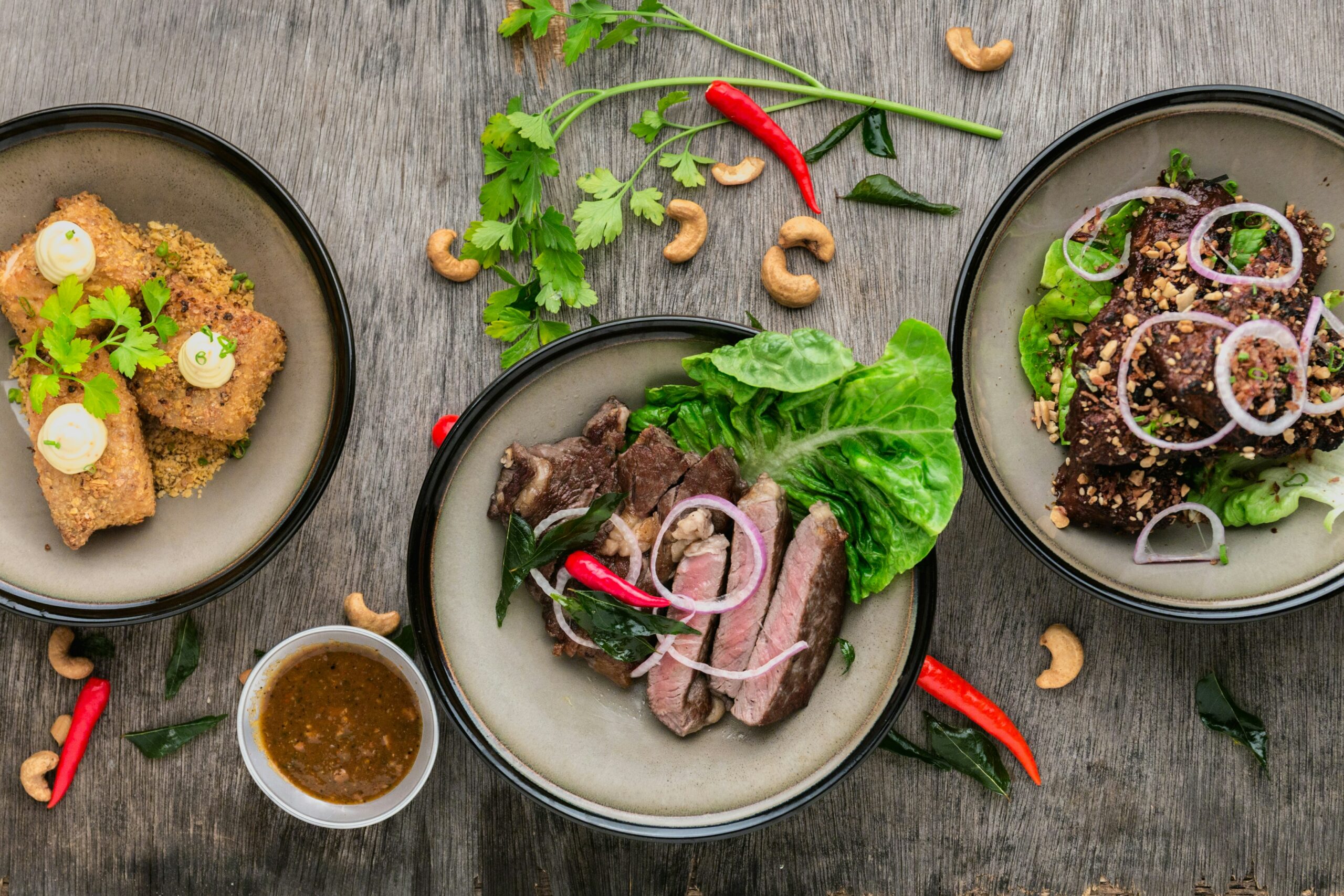The Future of Food Technology: Blockchain and Traceability in Food Supply Chains
One major challenge in traditional food supply chains is the lack of transparency. As products move through various stages from farm to table, there is often a lack of visibility into the origins and handling of the food. This can lead to difficulties in tracing the source of contamination in case of food safety issues, making it harder to take quick and targeted action to protect consumers.
Another key challenge is the prevalence of manual record-keeping and outdated technology in traditional supply chains. These practices can result in inefficiencies, errors, and delays in tracking products, leading to increased potential for waste and logistical complications. Without the proper systems in place to efficiently manage and monitor the flow of goods, traditional supply chains can struggle to keep up with the demands of today’s market.
Benefits of Implementing Blockchain Technology in Food Industry
Blockchain technology has been gaining traction in the food industry due to its ability to enhance transparency and traceability throughout the supply chain. By utilizing blockchain, every transaction and movement of food products can be recorded and stored in a secure and immutable ledger. This not only improves the efficiency of tracking products but also helps in quickly identifying the source of any issues or discrepancies that may arise.
Moreover, implementing blockchain technology in the food industry can significantly reduce the risk of food fraud and counterfeit products. With blockchain, consumers can easily verify the authenticity and quality of the products they purchase, as each step of the supply chain is visible and accessible. This level of transparency not only builds trust between consumers and food companies but also ensures the safety and security of the food supply chain.
• Improved transparency and traceability throughout the supply chain
• Every transaction and movement of food products recorded in a secure ledger
• Quick identification of issues or discrepancies that may arise
• Reduction in risk of food fraud and counterfeit products
• Consumers can easily verify authenticity and quality of products purchased
• Builds trust between consumers and food companies
• Ensures safety and security of the food supply chain
Enhancing Transparency and Trust in Food Supply Chains
Transparency and trust are essential elements in ensuring the integrity of food supply chains. Consumers want to know where their food comes from and how it is produced. By providing easy access to detailed information about the journey of food products from farm to table, companies can build credibility and instill confidence in their customers.
Implementing blockchain technology in food supply chains offers a promising solution to enhance transparency and trust. The decentralized and immutable nature of blockchain allows for secure and transparent recording of every transaction along the supply chain. This enables stakeholders to trace the origin of food products, verify their authenticity, and ensure compliance with food safety standards.
What are some of the challenges faced in traditional food supply chains?
Some challenges in traditional food supply chains include lack of transparency, difficulty in ensuring food safety, and issues with traceability.
How can blockchain technology benefit the food industry?
Blockchain technology can benefit the food industry by providing a secure and transparent way to track the journey of food products from farm to table, ensuring food safety and quality.
How does implementing blockchain technology enhance transparency and trust in food supply chains?
Implementing blockchain technology enhances transparency and trust in food supply chains by allowing consumers and stakeholders to access real-time information about the origin, journey, and quality of food products. This helps in building trust and confidence in the food supply chain.
Are there any other technologies that can be used to improve transparency in food supply chains?
Apart from blockchain technology, other technologies like IoT (Internet of Things), AI (Artificial Intelligence), and RFID (Radio-Frequency Identification) can also be used to improve transparency in food supply chains.







